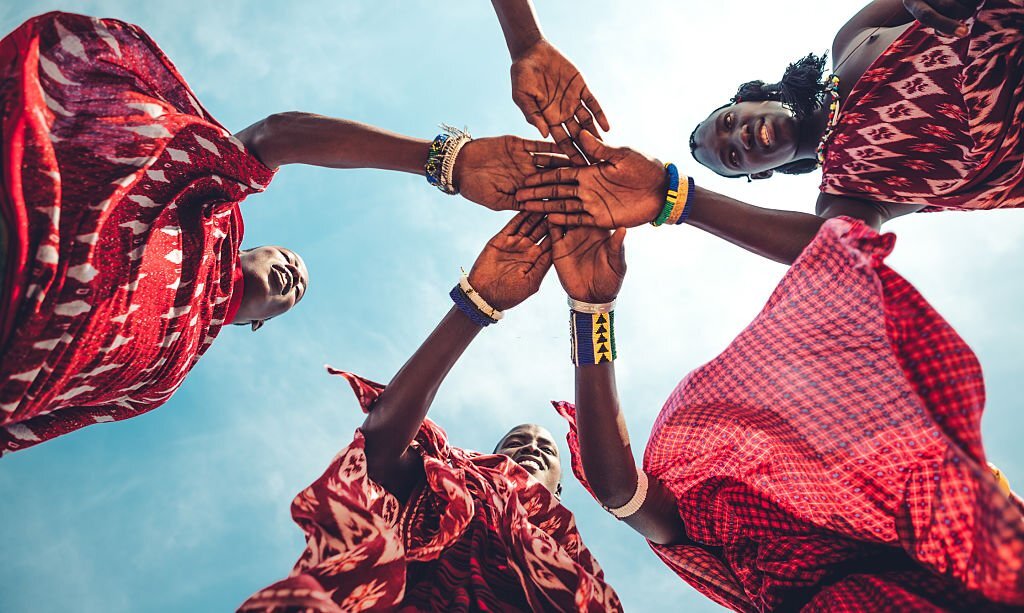
Africa is a continent of rich and diverse cultures, with over 54 countries and a population of over 1.3 billion people. The continent is home to over 2,000 languages, and each country has its unique customs, traditions, and values.
From the vibrant textiles and colorful beads of the Maasai people in East Africa to the intricate woodcarvings of the Yoruba people in West Africa, African culture is known for its artistry, storytelling, and strong community bonds. In this post, we’ll explore some of the fascinating aspects of African culture.

Art and Crafts
African art and crafts are renowned for their beauty and intricacy. From the ancient rock paintings of the San people in Southern Africa to the contemporary sculptures of El Anatsui in West Africa, African art reflects the continent’s diverse cultures, history, and social issues.
African crafts also showcase the skills of local artisans and their ability to transform natural resources into functional and decorative objects. These crafts include basket weaving, pottery, beadwork, and textiles, each with its unique style and symbolism.
Music and dance are integral to African culture, and they play a vital role in celebrations, religious ceremonies, and everyday life. Traditional African music is characterized by complex rhythms and a variety of instruments, including drums, flutes, and stringed instruments such as the kora and ngoni.

Music and Dance
Dance is also an essential part of African culture, with many traditional dances incorporating intricate footwork, hand gestures, and body movements. These dances often tell stories, express emotions, or honor ancestors and important events.

Food and Cuisine
African cuisine is diverse and flavorful, with each region and country having its unique dishes and ingredients. Some of the most popular dishes include jollof rice, injera, tagine, and fufu.
Many African dishes incorporate local ingredients such as yams, plantains, cassava, and millet, and are often seasoned with aromatic spices and herbs such as ginger, garlic, and coriander.

Family and Community
In African culture, family and community are highly valued, and there is a strong sense of kinship and belonging. Elders are respected and honored, and extended families often live together, sharing resources and responsibilities.
Community events such as weddings, funerals, and religious celebrations are important occasions for bringing people together and strengthening social ties. African culture also emphasizes the importance of hospitality and welcoming guests, reflecting the warmth and generosity of the continent’s people.

Conclusion
African culture is a rich tapestry of traditions, customs, and values that reflect the continent’s diversity and history. From the vibrant art and crafts to the infectious music and dance, and the delicious cuisine and strong sense of community, African culture has much to offer and is an essential part of the continent’s identity.


